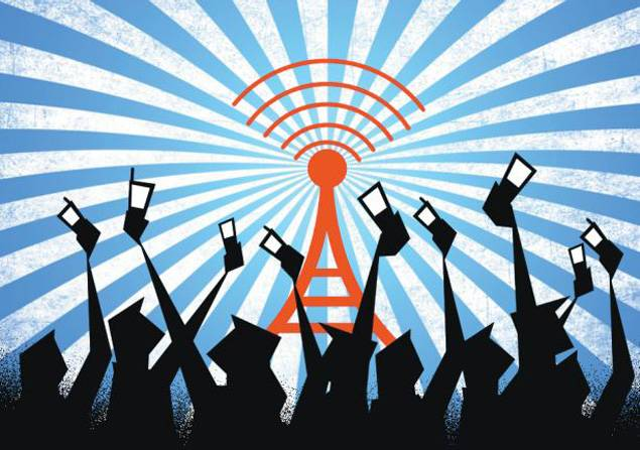
How does internet access improve lives in developing countries?
Internet access can help to improve access to information, opportunities, and services, and can contribute to the overall well-being and development of communities in developing countries. Five examples include:
- Education: Internet access can provide people in developing countries with access to a wealth of educational resources, including online courses, educational videos, and other materials. This can help to improve the quality of education and expand opportunities for learning, especially for people in remote or underserved areas.
- Employment: Internet access can help people in developing countries to find and apply for jobs, as well as connect with potential employers and clients. It can also enable people to start and run their own businesses, providing a source of income and economic opportunities.
- Healthcare: Internet access can provide access to health information and resources, including telemedicine services, which can improve access to healthcare and lead to better health outcomes.
- Communication: Internet access can help people to stay connected with friends and family, and to access news and information from around the world. It can also facilitate the exchange of ideas and facilitate collaboration with others.
- Political participation: Internet access can provide a platform for people to engage in political discourse and participate in the democratic process, helping to promote transparency and accountability in governance.
Needed: More Mozilla in International Development
I am Christine Prefontaine and I learned about Mozilla because a good friend of mine started working there. Before, like many of you, I thought of them only as...
An Internet Connection Does Not Equal Internet Access
When we think about expanding Internet access around the globe, we often focus on providing an Internet connection. But what comes next? To use an Internet connection,...
Please RSVP for Mobiles! What Have We Learned? Where Are We Going?
Over the last decade, as mobile technologies have become more ubiquitous, they have moved from the fringes of international development activities into core platforms...
Technology View From Youth in Sierra Leone, Sweden, Indonesia and Uganda
Recently, 600 exceptional youth activists from 80 countries arrived to New York City for a UN Takeover, where they called for urgent action by member states...
Beware The Sweet Seduction of 3G Mobile Broadband Data Hype
We have all heard the siren song of 3G or even 4G mobile broadband data changing the dynamics of Internet access across Africa. If you believe the hype, everyone...
Inveneo’s Network Management Software Now Available as Open Source!
Setting up a network generally means configuring a router, a UPS, maybe a NAS appliance and a few access points… Just a few pieces of equipment to serve hundreds...
Why Public Access to ICTs Matter in the Age of Mobile Phones
While you’re likely reading this on your personal computer, enjoying reliable and fast internet, millions of people around the world still lack private access...
The Behaviour of Cybercafé Users in Tanzania
The findings of “Internet use behaviour of cybercafé users in Morogoro Municipality, Tanzania” paint a general picture which corresponds to that of...
4 Learnings About Access to Information in Uganda
Beyond Access recently visited Uganda to learn more about local development priorities, how people are accessing information, and libraries. It was a fascinating...
5 Examples of Sustainable Public Internet Access Programs
Public libraries exist in nearly every country and culture as institutions committed to facilitating access to information. With the right policies and support,...











